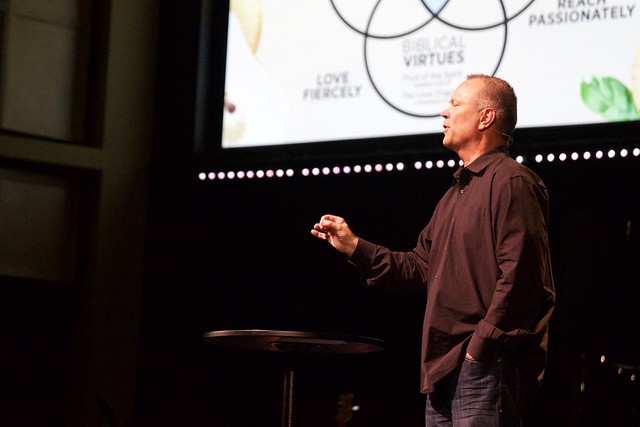Daily Wisdom from Scripture
Welcome to the blog of Pastor Rob Carlson, lead pastor at Bethany Christian Assembly, also known as BCA Church, a vibrant and welcoming church in Everett, Washington. Known for its diverse, multi-ethnic, and multi-generational congregation, BCA Church is dedicated to local and global compassion ministries, with over 100 active initiatives making a difference worldwide.
At BCA, we are passionate about international missions and addressing the needs of our community.
Weekly Messages
Explore weekly messages and daily devotionals by Pastor Rob on Facebook for meaningful insights and inspiration drawn from his years of ministry experience.
More Information
Learn more about our Impact Tomorrow Today campaign here.
Check out Pastor Rob’s study materials on Walking in the Footsteps of the Apostle Paul here.


